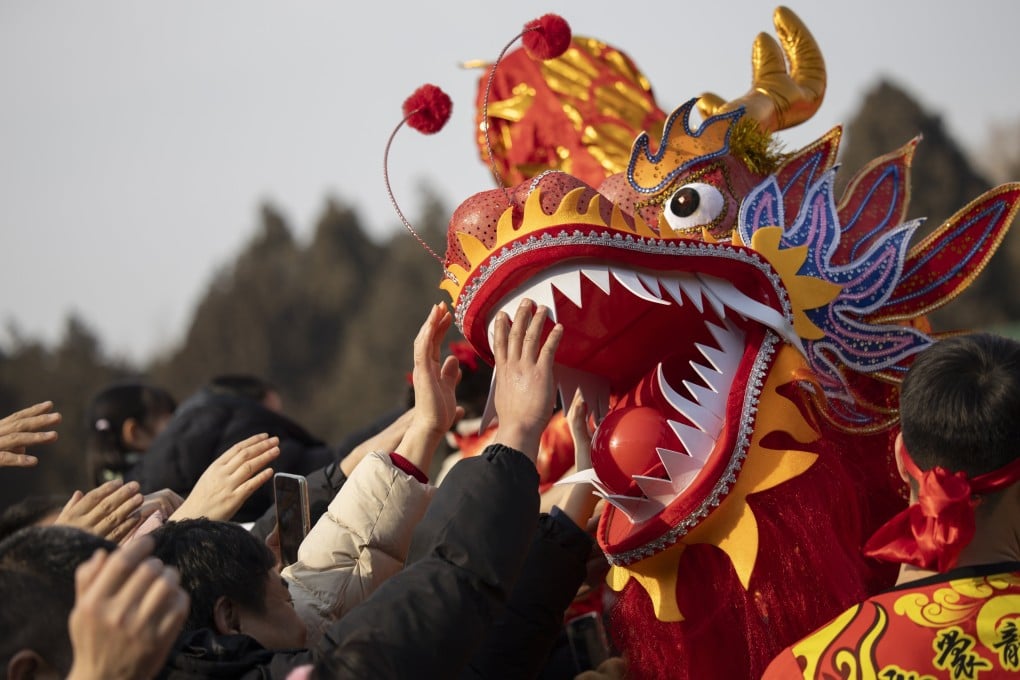Reflections | Why this is the Year of the Lóng, not dragon, for many Chinese
- Some people are balking at the use of the word ‘dragon’ to translate lóng or loong in Chinese, as if the animal is a Chinese copy of a Western original
- Another recent language-related controversy is one we’ve seen many times before: is it Lunar New Year or Chinese New Year?

This year’s Lunar New Year celebrations, which end on February 24, are marked by two very interesting, language-related controversies.
The first isn’t new. It concerns the English name of the festival itself: should it be called Lunar New Year or Chinese New Year?
Advocates of the former argue that Lunar New Year is more inclusive because the same festival is celebrated not only by Chinese, but also by Koreans, Vietnamese, and several other peoples. Many English-language media, including the South China Morning Post, use Lunar New Year.
Some of those who reject Lunar New Year and insist on using Chinese New Year claim that the “de-Sinicisation” of this festival is another attempt to browbeat the Chinese people and their culture. Besides, “lunar” is not accurate because the calendar on which the festival is based is a lunisolar calendar, not a purely lunar one.

While I agree that Lunar New Year is more inclusive, I’m reluctant to eschew Chinese New Year altogether. I would never knowingly wish a Korean or Vietnamese person “Happy Chinese New Year” in English during the Seollal or Tet festivals, but I don’t see any issue with saying that to individuals who identify as Chinese. When the context is clearly and overwhelmingly Chinese, I find it unnecessary to overcompensate by replacing Chinese with Lunar.
This reminds me of the “Happy holidays” greeting that’s fast replacing “Merry Christmas” in English-speaking countries. One can choose to use the former when addressing non-Christians, but why should the festive greetings among Christians who are celebrating the birth of their religion’s founder, or a group of people who have no beef with Jesus Christ, not even contain the word “Christmas”?

